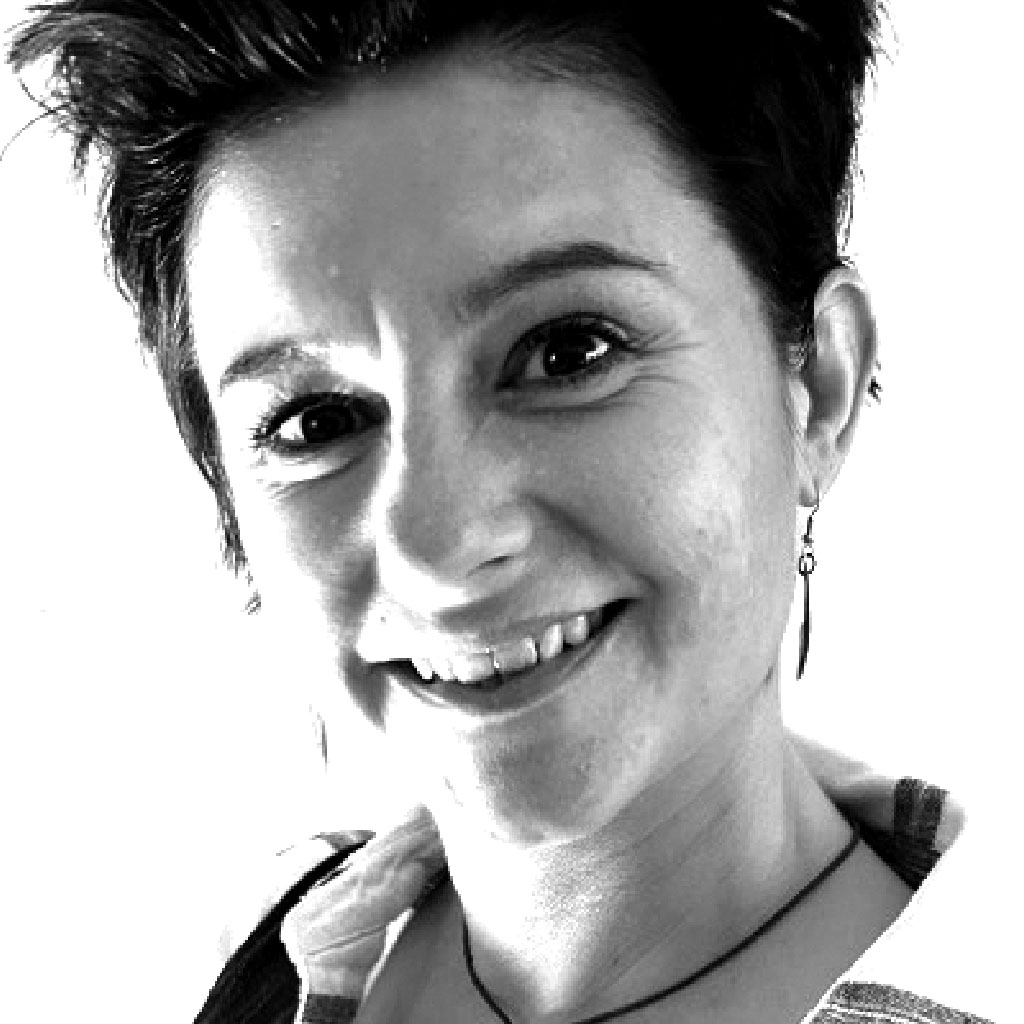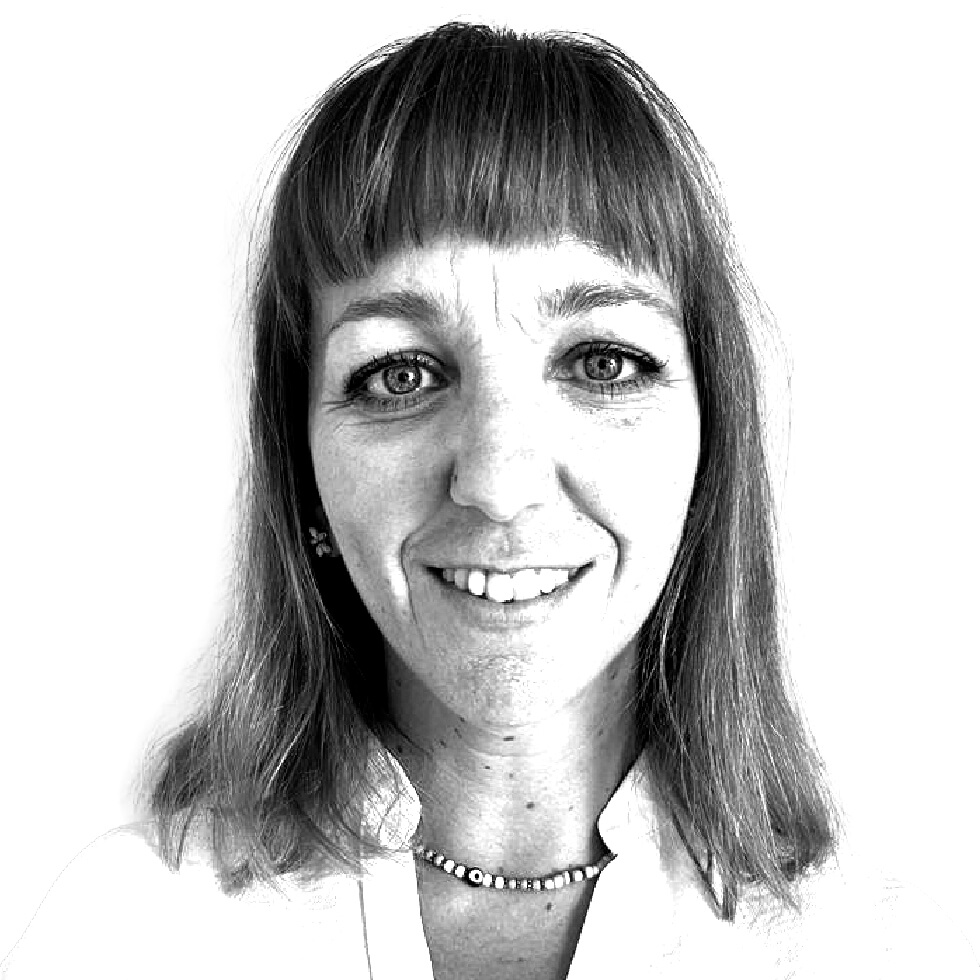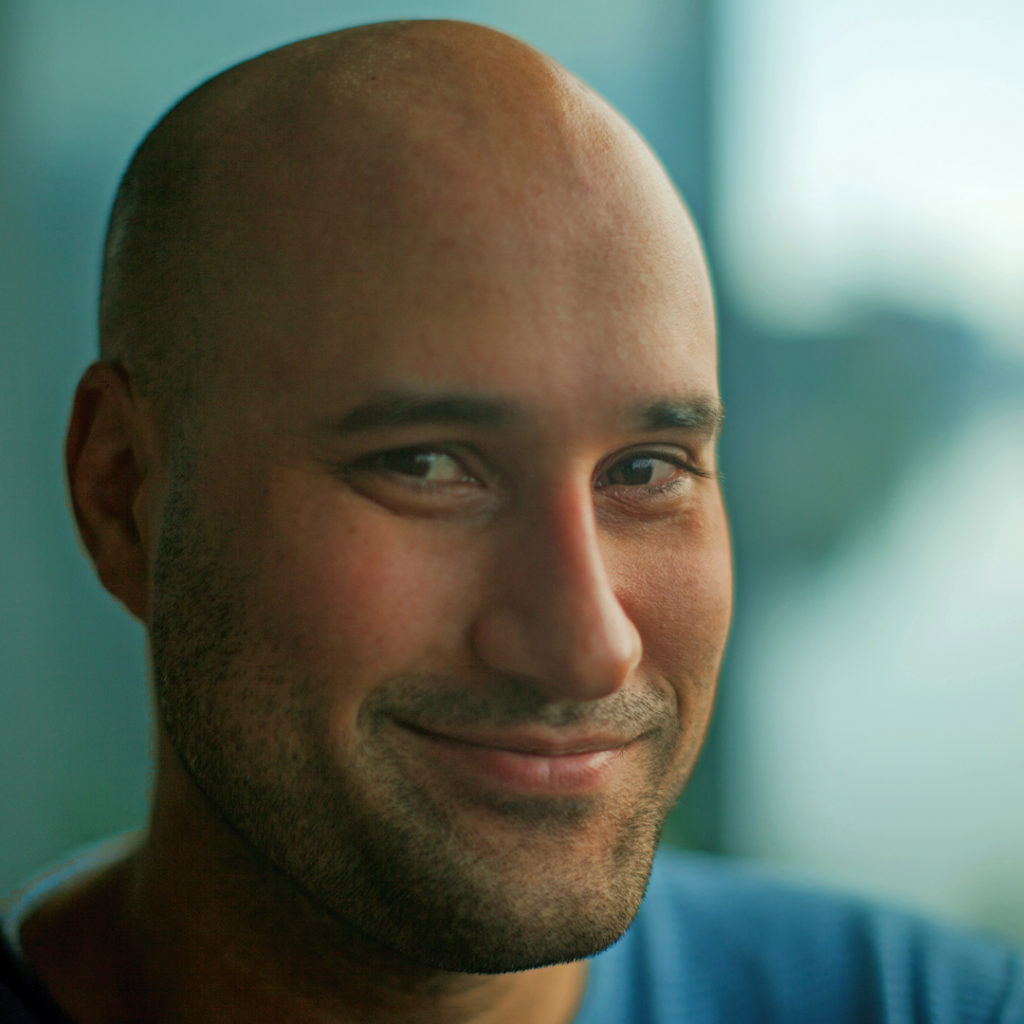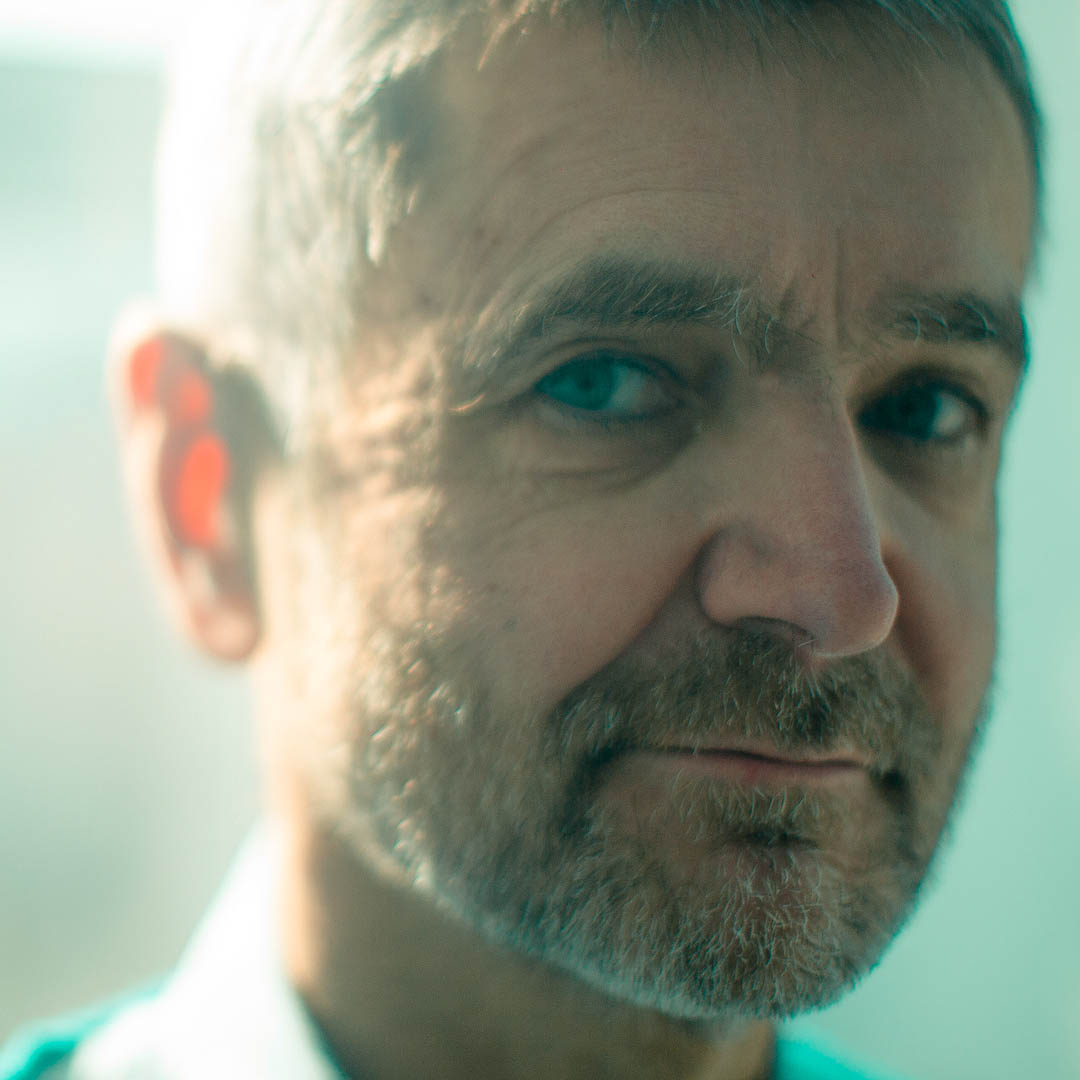
Jo
07305890303
[email protected]
Instant Availability please call before booking
Jo is an accomplished Integrative Counsellor holding a BA (Hons) and a progression of diplomas culminating in a Level 5 Foundation Degree in Counselling & Psychotherapy. Her eclectic therapeutic approach draws from a spectrum of methodologies, ensuring personalized support for each individual's needs. Jo's practical expertise extends to facilitating 'Nature & Nurture' support groups, aiding young people and their parents through emotional challenges by integrating the healing aspects of nature into therapy.
Her work also spans to support for those with learning and neuro-diverse conditions in forensic rehabilitation settings. Committed to professional excellence, Jo continuously updates her skills and maintains membership with the BACP, reflecting her adherence to stringent training and ethical standards.

Rebecca
07305890303
[email protected]
Instant Availability please call before booking
Rebecca is a compassionate mental health professional, specialising in counselling for issues like social anxiety, depression, and relationship challenges. With a focus on personal growth and behavioural change, she has experience in lifespan theories and has navigated the emotional aspects of parenthood.
Rebecca utilises multiple therapeutic approaches such as Humanistic, CBT, and CFT, tailoring her methods to each client's unique needs. She currently offers online sessions via Microsoft Teams, and over the phone. Actively expanding her skills, Rebecca is training in telephone counselling and plans to introduce Walk and Talk therapy.

James (Presenter) talks:
Feeling Lonely.
If someone is came to you and they were feeling lonely. What can you do? What do you say to them? Looking for a Psychologist in London ?

Richard
(therapy and counselling in london)
talks:
Feeling Lonely.
Well presumably if from what you’re saying that they’ve noticed they’re feeling lonely and it’s a problem. You know that they’re feeling unhappy and things are not going well for some reason. I think the first thing I’d do is kept in mind distinction I make between being alone and being lonely. Two very different things so if I am alone literally on I’m on my own no one else is around. When I’m in a in a room or a house all own when no one else around. Lonely is an internal psychological state. So it’s quite therefore quite possible to be alone and not feel lonely and conversely it’s quite possible to be amongst people, whether it’s a crowd of people you don’t know or even right there are amongst the people you think you know well care about family what colleagues friends who ever. It’s possible to be amongst people and feel lonely. It’s possible to to feel lonely even though you’ll having a relationship with someone.

James (Presenter) talks:
Feeling Lonely.
Yeah I was just thinking about actually. I’ve been in relationships like that before you know.

Richard
(therapy and counselling in london)
talks:
Feeling Lonely.
So two different things aloneness and loneliness. And someone who’s lonely or experiences himself as lonely, is I think they’re finding it difficult to connect and its one of the famous quotes only connect. The idea is we all need to be connected. And there are two ways I’d like to look at that one is more obvious than the other. So the obvious way what they always thing that comes to mind when I say difficulty in connecting we think of other people connecting with other people. And in business you hear this expression oh really good to connect with you let’s connect might even be on social media let’s connect on social media. Or we might feel about a connection you know you it might feel that you know we have a connection. So that involves understanding what’s going on for the other person. Understanding what’s going on for me. And seeing I always use the word vibration see what kind of vibration there is between us.
And then that could tell us something about the quality of connection. And of course you might use the word relationship and since a relationship. But another less obvious way of thinking about connection is whether we are connected with ourselves, whether we’re connected internally. Now this raises the question about are we, human beings, are we one thing or we lots of things in within one system.
So it’s possible to look into ourselves and go yeah well I’m a person with memories, memories of just example memories of when I went to school or memories of when I used to live in the flat before this one. And what that was like a etc. So I’m made up of memories I’m made up of feelings so there’s a list of how often does I or doesn’t very common feelings that people have sadness, anger, shame, disappointment and fear and then so called positive ones anticipation, surprise, joy, ecstasy. So that whole package is emotional life going on. It is nice go for it. So back to back to let’s say whole bag of feelings that we’ve got some we have desires things we want say sometimes I say to someone. What do you want? And they go what do you mean? what do you want well. What do you mean and they and they just flummoxed with the question of what to say on this.
It’s also the things we want to know projects for example I might want. A garden this is simple thing I want to go out in the mall want a big house and I want a car. I might want recognition might want connection. I might want peace and quiet was also things that we want also these desires. And then another one my fantasies what most of us are aware that we dream. We dreams at night time. Things crop up in our dreams that will that we wouldn’t think of doing the day time we also have daydreams we are you know we might be sitting down might be relaxing. Might be trying to work but instead were distracted and our minds wandered somewhere and then we have this picture in our mind of some person we know some place we’ve been. And we might realise that we’re dreaming. Oh yeah and that’s it so it and imagine things a fantasy. I’ll just recap so we’ve got this we’ve got feelings we have desires we’ve got fantasies we’ve got memories. All these things make up apart some of the things that make us make up who we are. We’ve also got defenses which is a really big topic and interesting topic.
Defenses are the way in which we try to ward off difficult feelings. So we might say oh well I don’t want to feel sad and I don’t like feeling sad. So I’m going to ward that off with something with a defense. So what’s the defense going to be? It might be, for example, denial so kind of pretending that something isn’t never happened or isn’t happening that really is happening.
Typically and almost stereotypically with someone that dies, someone’s died in our life and it’s a very difficult thing to face, losing someone. If it’s there’s someone close and meaningful and one of the, this doesn’t this doesn’t automatically happen with everyone but one thing that we might notice is we kind of forget that they’ve died. We know we kind of go I’ll just phone mum. Go grab the phone and then go hang on. I can’t call mum, she’s died. That’s a form of denial. It’s not like we’re standing in the witness box saying, no, it’s not true we we kind of know on one level that that person died but also our mind is operating as they didn’t die. So our mind is denying that it really happened. So that’s just one example of defenses.
So there’s always things that make up who we are lots of aspects of ourselves. And I haven’t even begun to mention the physical body that we have got I’ve been talking about the internal psychological will. So, how does this relate to loneliness which is what we’re talking about?

James (Presenter) talks:
Feeling Lonely.
I guess it’s like being in denial of being lonely is that right?

Richard
(therapy and counselling in london)
talks:
Feeling Lonely.
No I was not really say that because I think loneliness is something which often people will not deny that I think is a very palpable feeling a very kind of probably for most people quite you know an obvious feeling ‘Oh I feel lonely,’ ‘I hate being on my own,’ ‘I can’t stand it.’ But what should I do and when I said back to loneliness what I was going to say was this, that I believe, that in order to, for loneliness not to be a problem. I need to be, basically happier more content when I’m alone. And. How do I do that? By partly is by being more connected with it myself. So my approach is if I’m more in touch with my feelings my memories my desire as my fantasies if I know them very well I know who I am. I’m more able to tolerate being alone and this one person in this skin I’m not alone I’m not only connected by the umbilical cord to my mother. And I can I can. I’m going to feel less lonely less miserable so that’s my approach in therapy to help people.

Jo
07305890303
[email protected]
Instant Availability please call before booking
Jo is an accomplished Integrative Counsellor holding a BA (Hons) and a progression of diplomas culminating in a Level 5 Foundation Degree in Counselling & Psychotherapy. Her eclectic therapeutic approach draws from a spectrum of methodologies, ensuring personalized support for each individual's needs. Jo's practical expertise extends to facilitating 'Nature & Nurture' support groups, aiding young people and their parents through emotional challenges by integrating the healing aspects of nature into therapy.
Her work also spans to support for those with learning and neuro-diverse conditions in forensic rehabilitation settings. Committed to professional excellence, Jo continuously updates her skills and maintains membership with the BACP, reflecting her adherence to stringent training and ethical standards.

Rebecca
07305890303
[email protected]
Instant Availability please call before booking
Rebecca is a compassionate mental health professional, specialising in counselling for issues like social anxiety, depression, and relationship challenges. With a focus on personal growth and behavioural change, she has experience in lifespan theories and has navigated the emotional aspects of parenthood.
Rebecca utilises multiple therapeutic approaches such as Humanistic, CBT, and CFT, tailoring her methods to each client's unique needs. She currently offers online sessions via Microsoft Teams, and over the phone. Actively expanding her skills, Rebecca is training in telephone counselling and plans to introduce Walk and Talk therapy.